Is public money being used to fund Prince Andrew’s sexual abuse settlement?
MP raises questions over who is paying Duke of York’s multimillion-pound deal
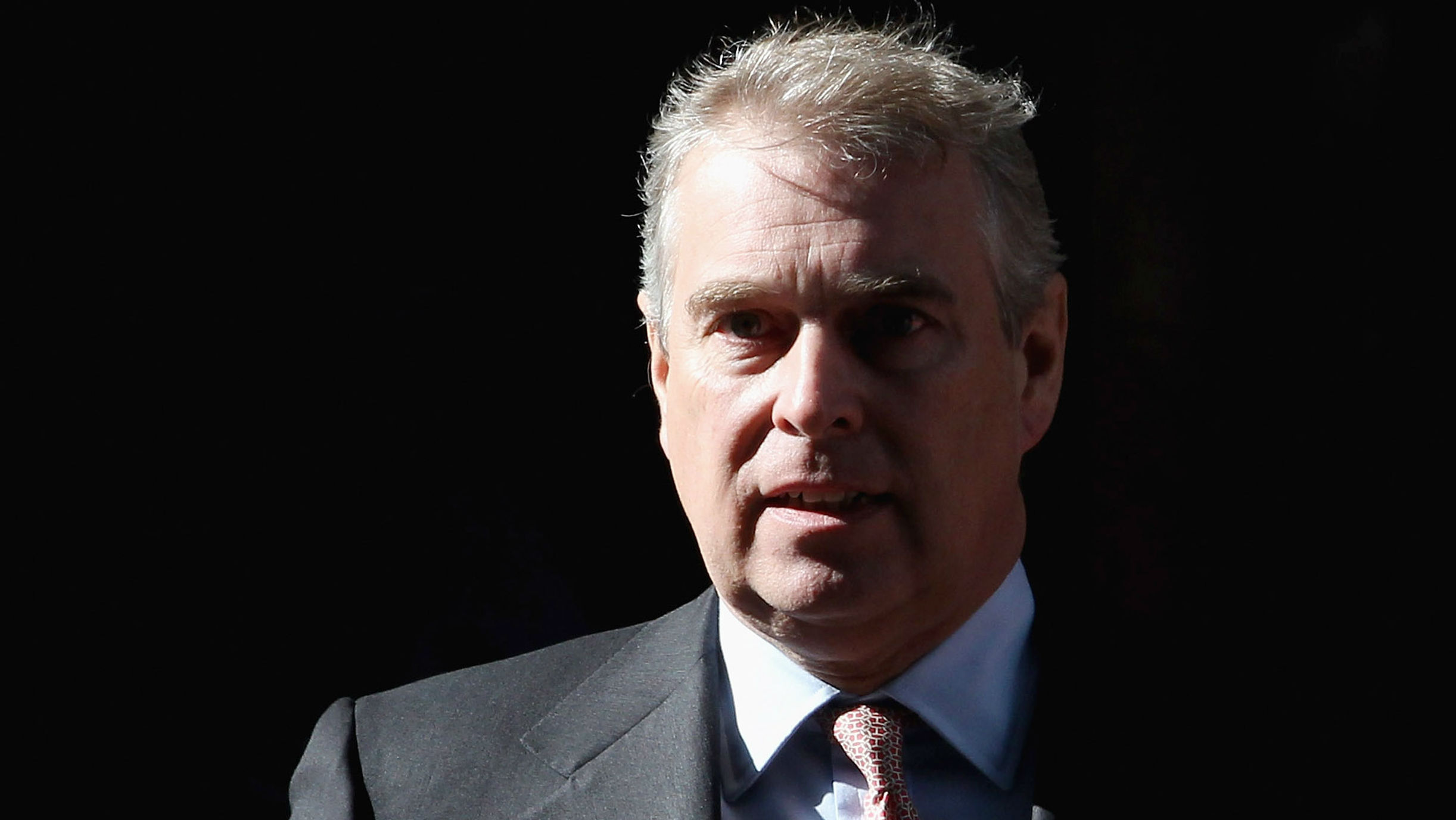
A free daily email with the biggest news stories of the day – and the best features from TheWeek.com
You are now subscribed
Your newsletter sign-up was successful
A Labour MP has demanded “assurances” that public money will not be used to fund Prince Andrew’s out-of-court settlement with Jeffrey Epstein accuser Virginia Giuffre.
An out-of-court settlement for an undisclosed sum, reportedly up to £12m, was announced by lawyers representing the Duke of York and Giuffre this week.
The deal means Prince Andrew will avoid a public trial and will not be forced into an “admission of guilt” over the allegations of sexual abuse against him, said The Guardian. Andy McDonald, Labour MP for Middlesbrough, said he would raise the issue in parliament next week when MPs return after the February recess.
The Week
Escape your echo chamber. Get the facts behind the news, plus analysis from multiple perspectives.

Sign up for The Week's Free Newsletters
From our morning news briefing to a weekly Good News Newsletter, get the best of The Week delivered directly to your inbox.
From our morning news briefing to a weekly Good News Newsletter, get the best of The Week delivered directly to your inbox.
Public purse
During an appearance on the BBC’s Newsnight McDonald described Prince Andrew as “a person of very high profile involved in a case where his position of authority and privilege has been allegedly abused and it is an enormous sum of money.
“We don’t know the precise figure but there is a risk that this will be at the public’s expense so we need to have that resolved,” he warned. “We need to know exactly where this money is coming from.
“I am going to take the opportunity to raise this issue in parliament because the issue isn’t going to go away until people have that information and receive assurances that public money is not going to be used to in any way contribute to the settlement.”
Andrew has always denied the allegations that he sexually abused Guiffre after she was “trafficked by his friend and convicted sex offender Jeffrey Epstein”, said The Guardian.
A free daily email with the biggest news stories of the day – and the best features from TheWeek.com
But in reaching the settlement he agreed to make a “substantial donation” to Giuffre’s charity for victims of abuse, pledging to “demonstrate his regret for his association with Epstein” by supporting the “fight against the evils of sex trafficking and by supporting its victims”.
The disgraced duke had faced “increasing pressure” from the Royal Family to settle and bring the case to an end after it “threatened to overshadow the Queen’s jubilee celebrations”, according to The Times. Prince Charles, his older brother, is thought to have been a particularly “prominent voice” on the matter.
One legal source told the paper that the settlement would be “worth its weight in gold” to the Queen, as embarrassing trial proceedings are likely to have gone ahead amid planned celebrations marking her 70th year on the throne.
Who’s paying?
Andrew’s finances have “long been shrouded in mystery”, royal finances expert David McClure told The Sun.
He officially receives an allowance from the Queen worth about £248,000 a year, as well as a naval pension of around £20,000 annually. But he will have “other sources” to draw on to pay the settlement, McClure said.
One of those sources is likely to be the sale of a £17m Swiss ski chalet he bought with his ex-wife Sarah Ferguson in 2014. But “he is not yet believed to have received any money for it”, The Sun said, and is likely only to receive a “fraction” of the total sum.
He “has made a few million from that”, said McClure. “But he will have to split that with Fergie, and had a mortgage to pay on it, so he is likely to have lost money on it.”
He also “likely has money left over” from the 2007 sale of Sunninghill Park, the home he formerly shared with Ferguson, the paper said, which sold to a “Kazakh oligarch for £15m, £3m over the asking price”.
A source with knowledge of the settlement between Andrew and Giuffre told the Daily Mirror that it was only signed when Andrew was “able to provide proof” that any remaining funds from the sale of the ski chalet would be available.
The Daily Mail reported that a “bridging loan” was offered to Prince Andrew from Prince Charles and the Queen “so his US lawyers could do a quick deal” with Giuffre, but said it remained “unclear” how the duke would fund the settlement.
Much of the money is likely to come from the Queen, possibly from her Duchy of Lancaster estate or private funds from her considerable investment portfolio.
Bank of Mum & Dad
The Queen receives a taxpayer-funded sovereign grant, paid to her by the government every year, which last year totalled £51.5m.
But the grant must be spent “by the royal household in support of Her Majesty’s official duties” and so “clearly” does not include “paying out-of-court settlements”, said Craig Prescott, a lecturer in law at Bangor University, on The Conversation.
The Queen separately receives the surplus from the Duchy of Lancaster estate, which grew to a substantial £22.3m in 2020-21. But there is some argument to be had over whether funds derived from the estate should be considered “private or public” money, Prescott said.
At times acting like “a family trust” and at others like a “commercial business”, the Duchy of Lancaster estate has frequently left MPs who have tried to “scrutinise” its accounts “scratching their heads”, said Town & Country.
The Mirror said that the Queen has already given her “shamed son” £2m as a donation to Giuffre’s charity, agreeing to help him “as long as she was not connected to any personal payment to Giuffre”.
“She could not be seen to be making a payment to a victim of sexual assault, who accused her son of being an abuser,” a royal source told the paper.
“But a deal was structured in such a way to arrange a sizeable financial contribution to the settlement by way of a charitable donation instead.”
-
 ‘States that set ambitious climate targets are already feeling the tension’
‘States that set ambitious climate targets are already feeling the tension’Instant Opinion Opinion, comment and editorials of the day
-
 Mixing up mixology: The year ahead in cocktail and bar trends
Mixing up mixology: The year ahead in cocktail and bar trendsthe week recommends It’s hojicha vs. matcha, plus a whole lot more
-
 Labor secretary’s husband barred amid assault probe
Labor secretary’s husband barred amid assault probeSpeed Read Shawn DeRemer, the husband of Labor Secretary Lori Chavez-DeRemer, has been accused of sexual assault
-
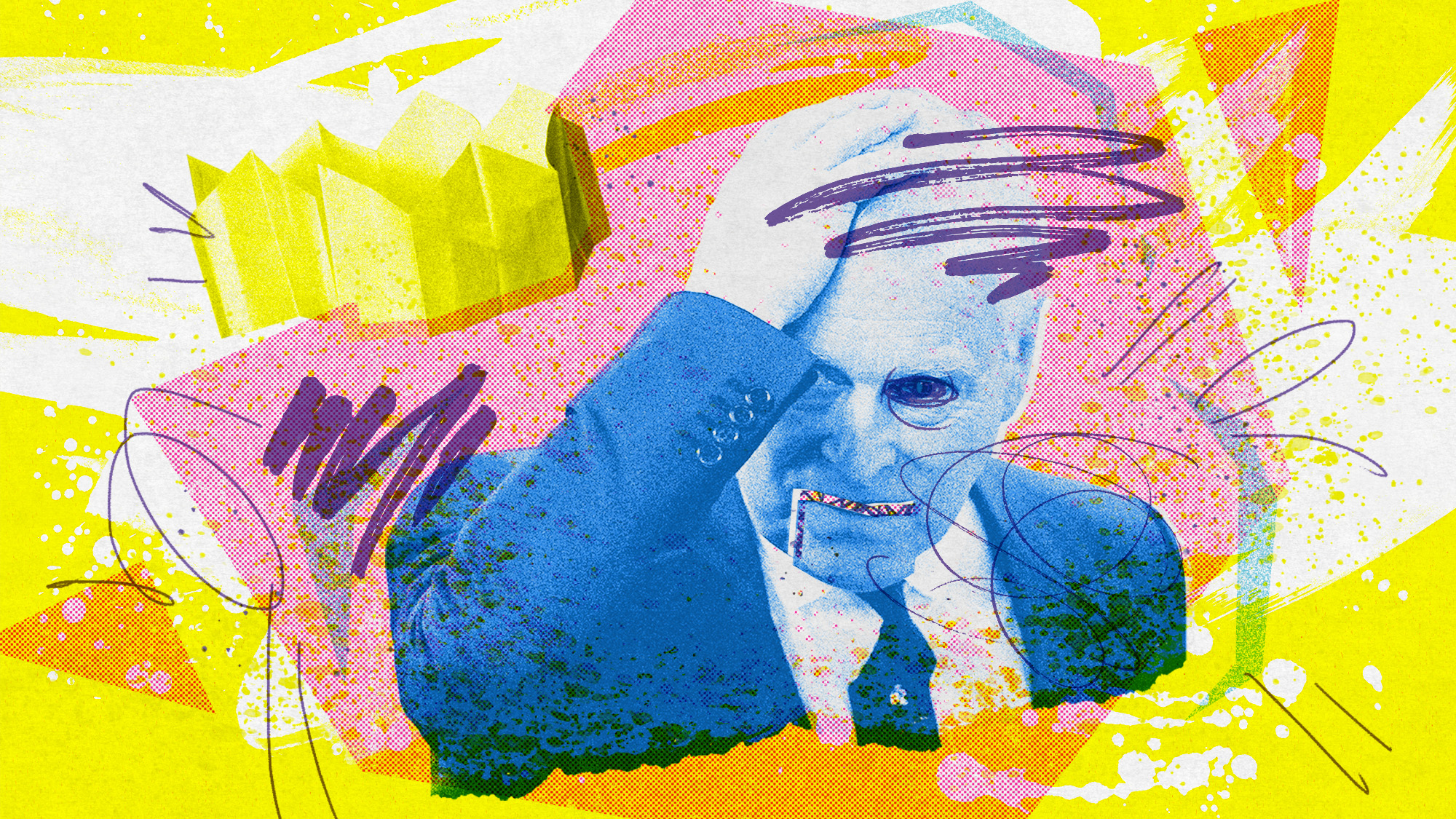 Is Andrew’s arrest the end for the monarchy?
Is Andrew’s arrest the end for the monarchy?Today's Big Question The King has distanced the royal family from his disgraced brother but critics claim a ‘fit of revolutionary disgust’ could still wipe them out
-
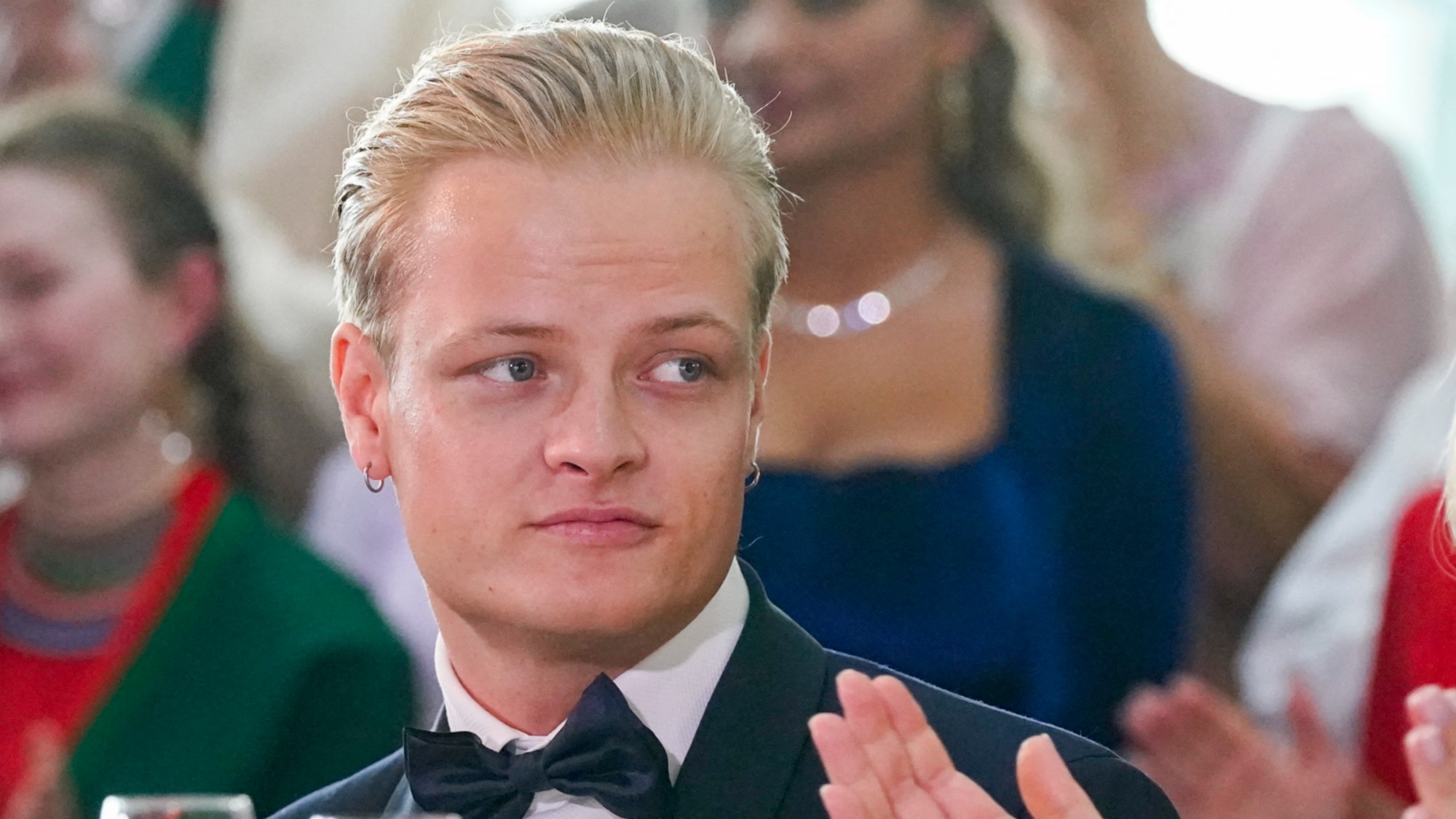 Norway’s scandal-hit royals
Norway’s scandal-hit royalsIn the Spotlight Rape trial of Marius Borg Høiby, son of the crown princess, adds to royal family's ‘already considerable woes’
-
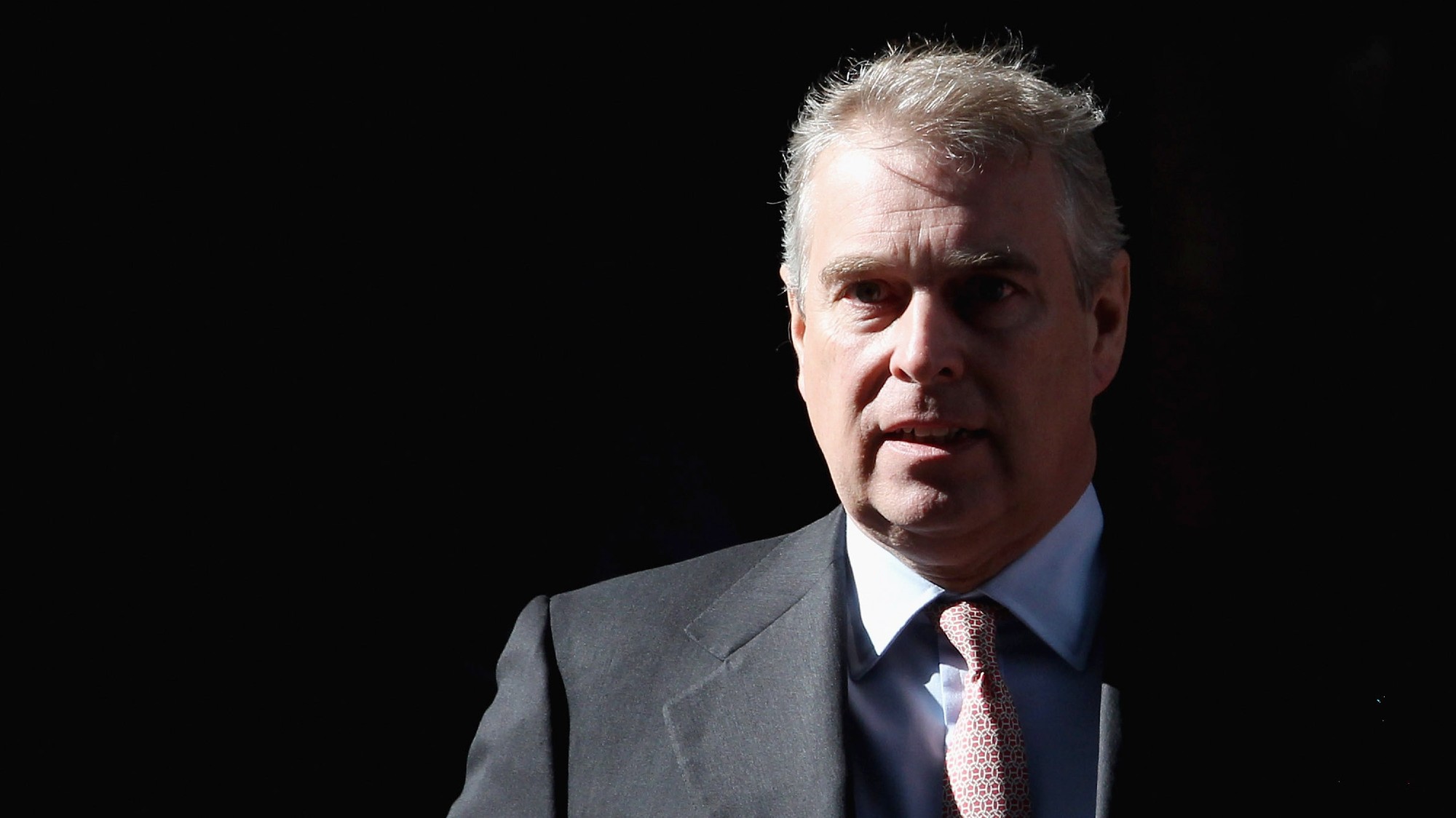 Prince Andrew: a timeline of disgraced royal’s Epstein scandal
Prince Andrew: a timeline of disgraced royal’s Epstein scandalIn Depth How the Queen’s favourite child went from Falklands War hero to public pariah
-
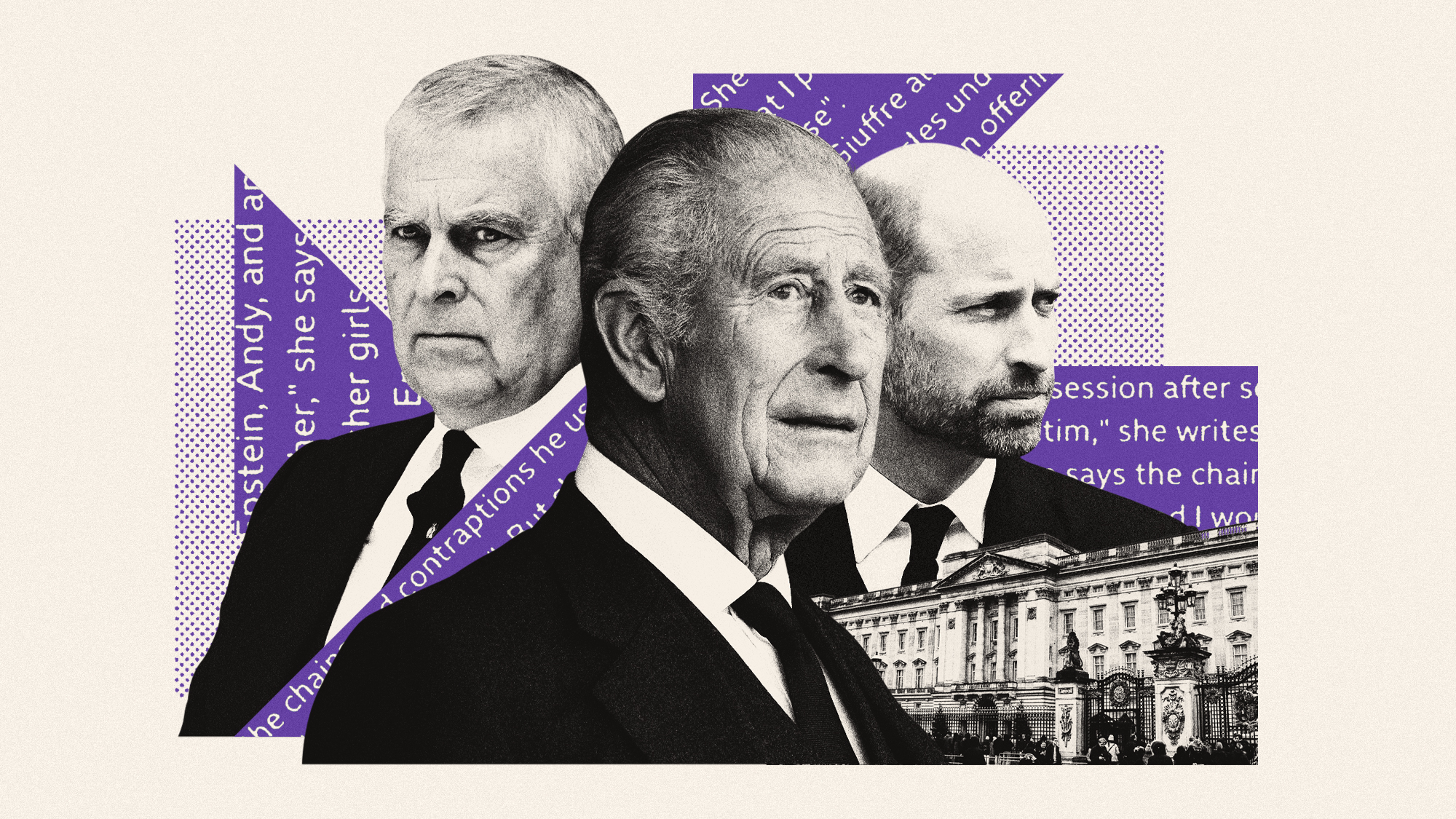 Prince Andrew: is the royal family doing enough?
Prince Andrew: is the royal family doing enough?Today’s Big Question King Charles faces calls for tougher action against Andrew after latest allegations about Virginia Giuffre and Jeffrey Epstein
-
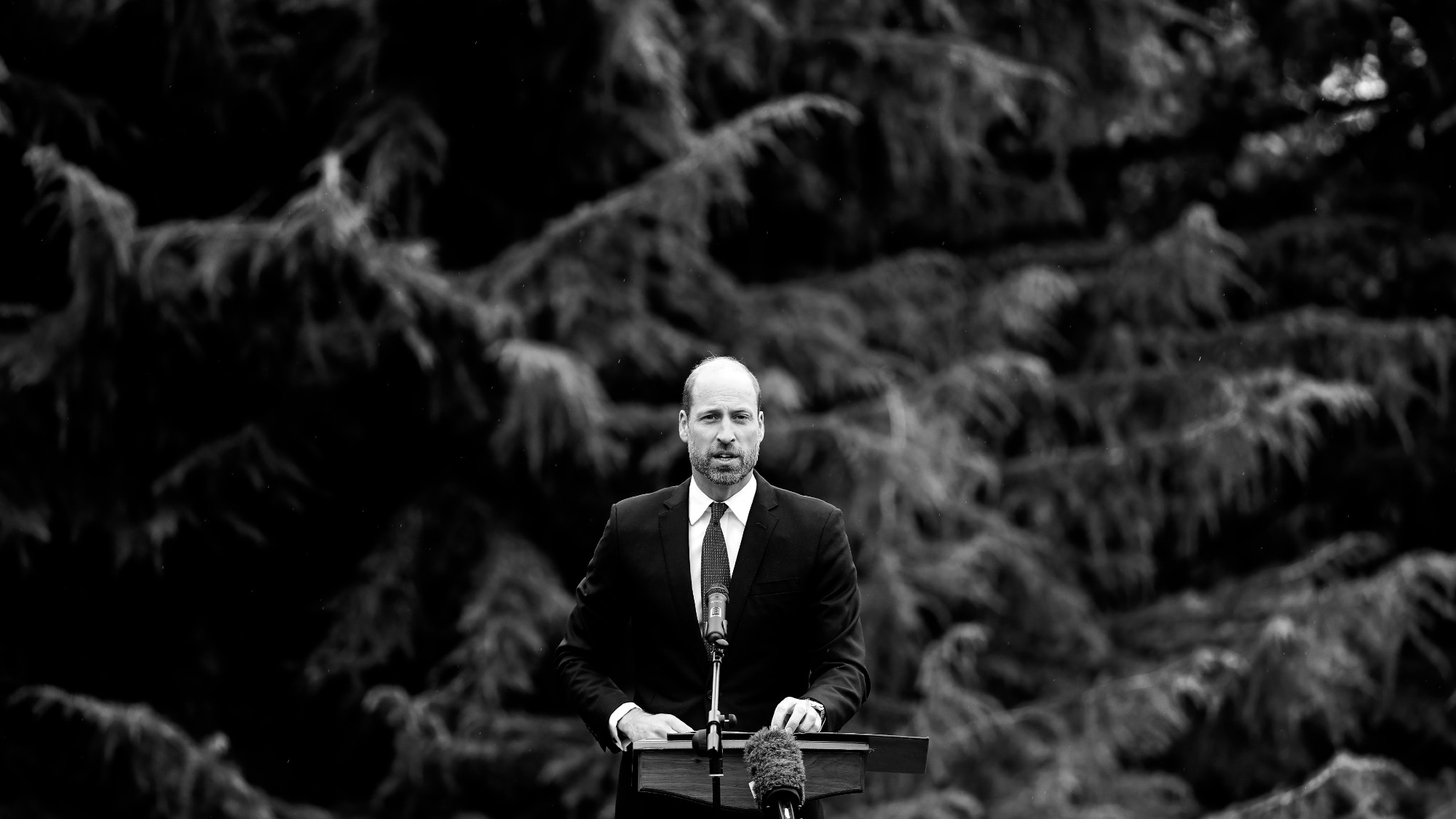 What will William be like as king?
What will William be like as king?Today's Big Question Prince of Wales said he won’t be ‘restricted’ by history when he takes the throne
-
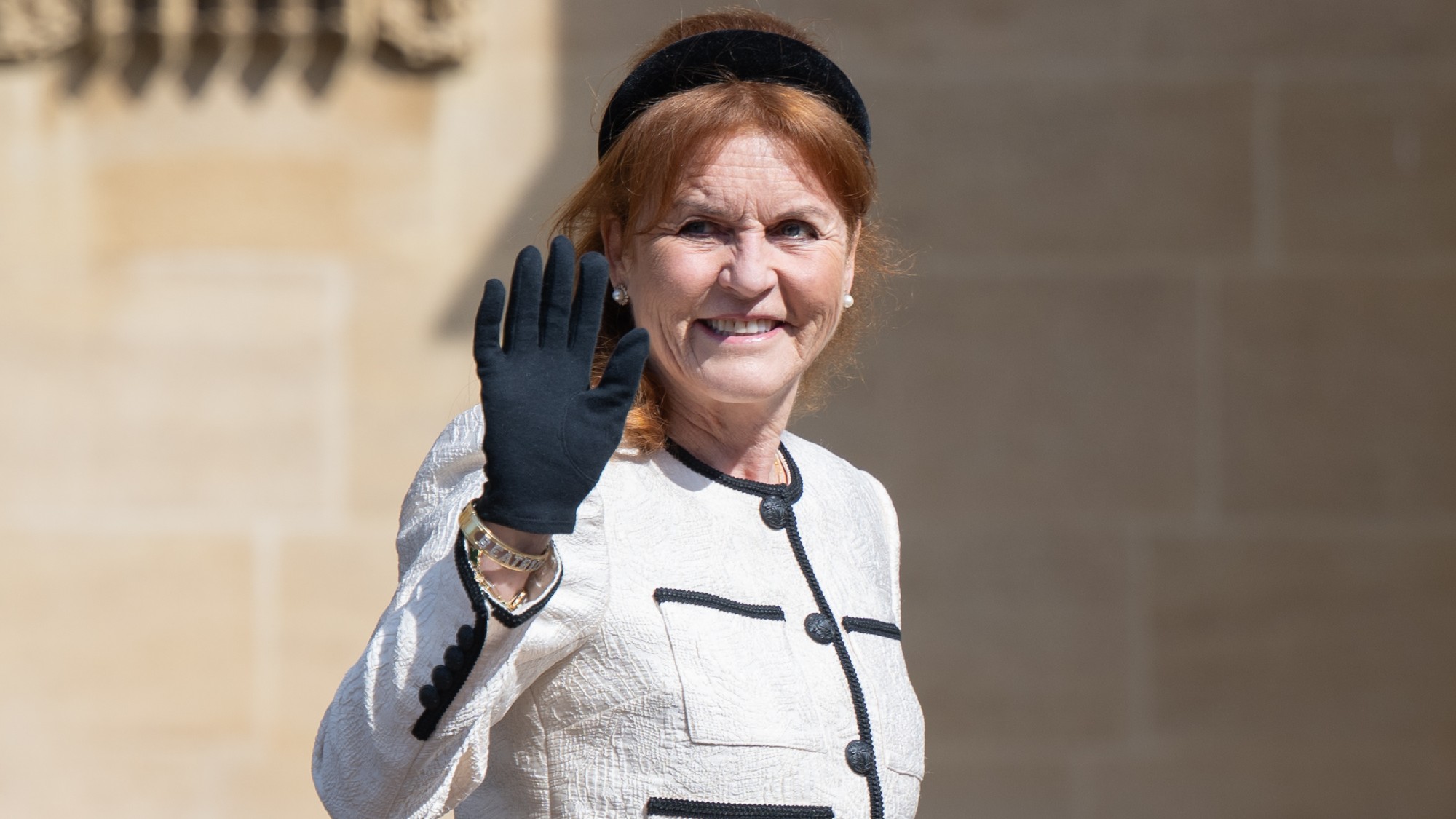 Sarah Ferguson: a reputation in tatters
Sarah Ferguson: a reputation in tattersIn the Spotlight After emails surfaced revealing ties to Jeffrey Epstein, weeks after she claimed to cut contact, her charities are running for the hills
-
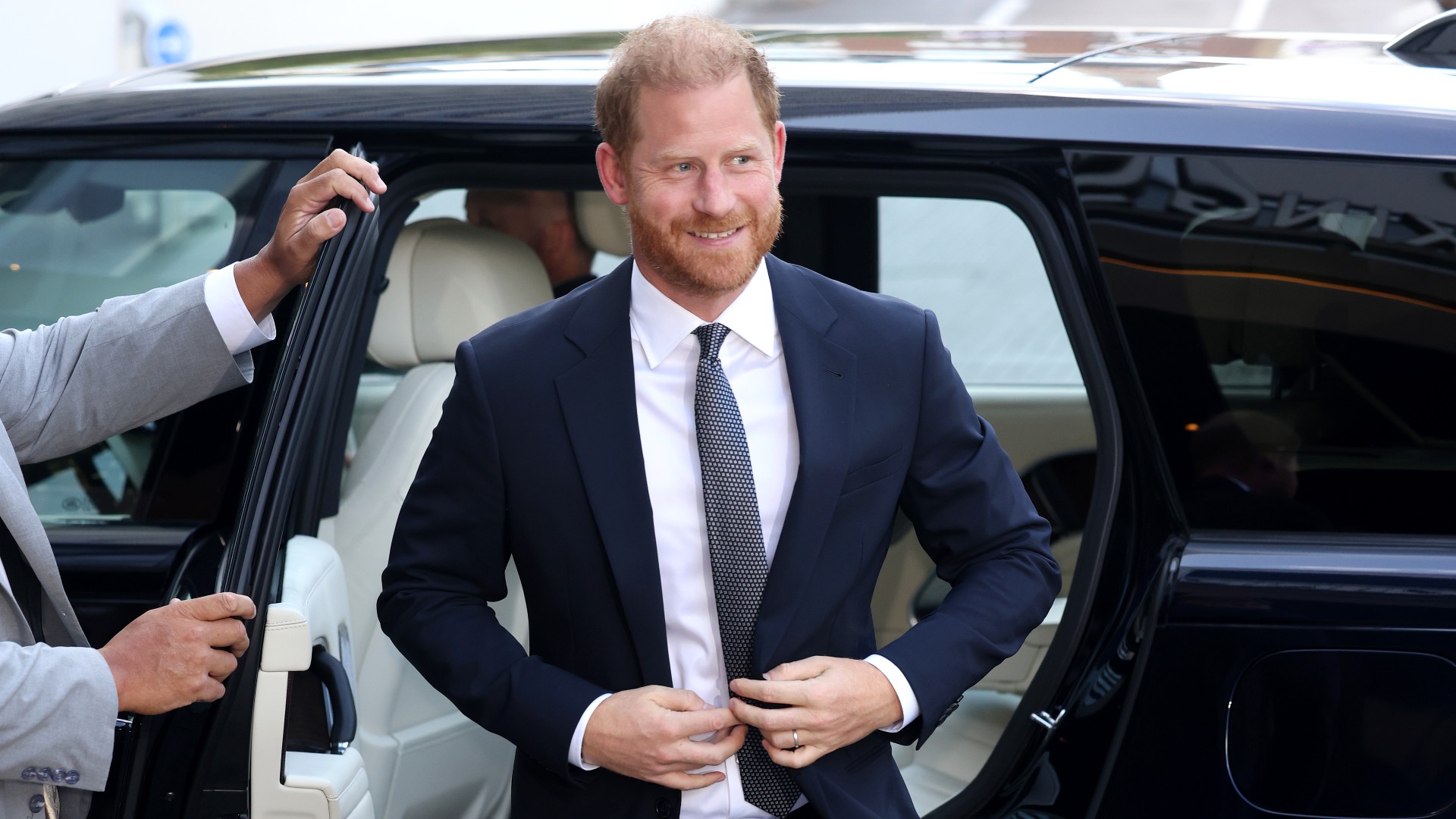 Prince charming: Harry’s tea with King sparks royal reconciliation rumours
Prince charming: Harry’s tea with King sparks royal reconciliation rumoursTalking Point Are the royals – and the UK public – ready to welcome the Duke of Sussex back in?
-
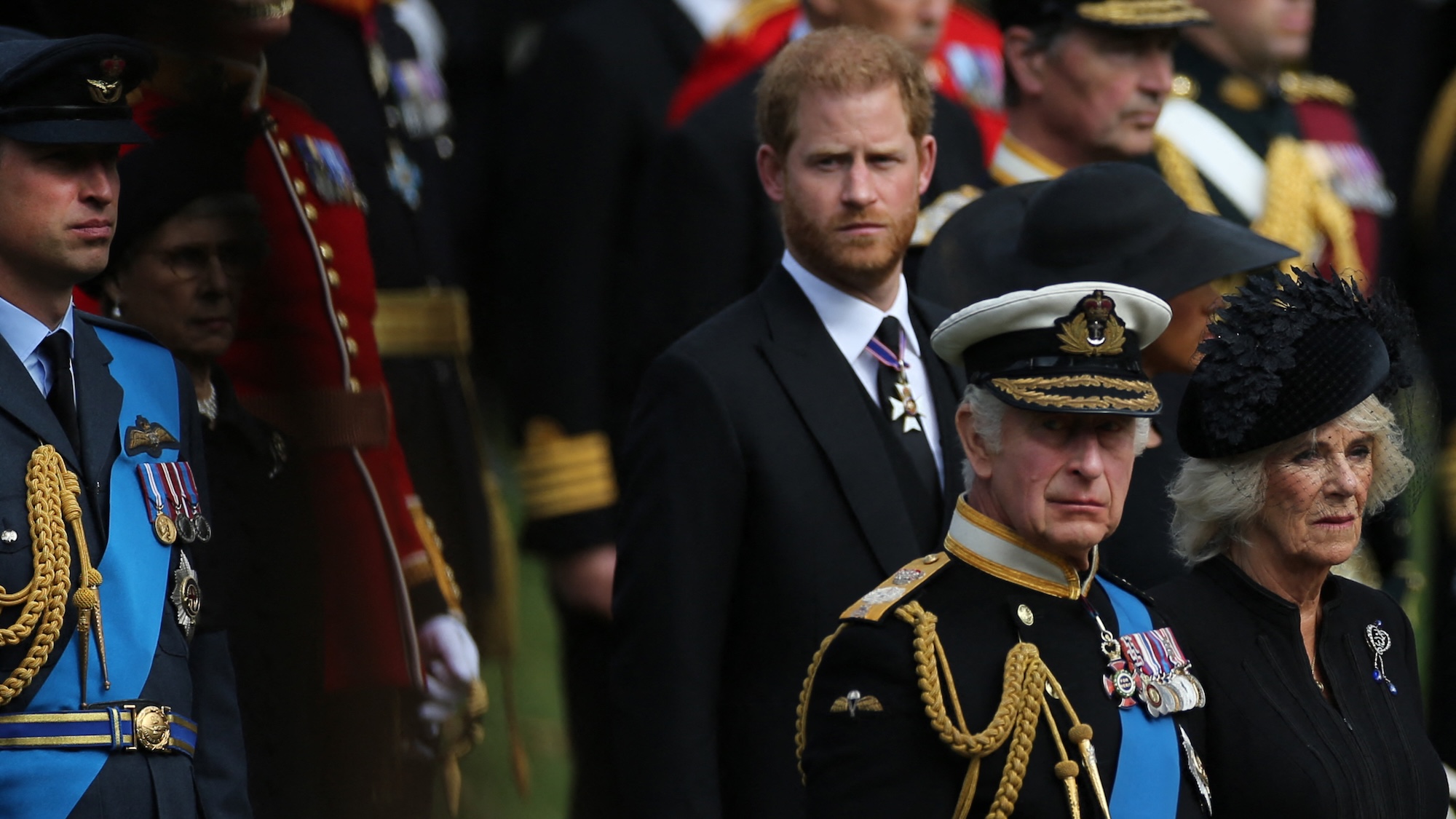 King Charles and Prince Harry: peace in our time?
King Charles and Prince Harry: peace in our time?Talking Point Leaked images of a secret meeting between royal aides suggest a dialogue is beginning to open up